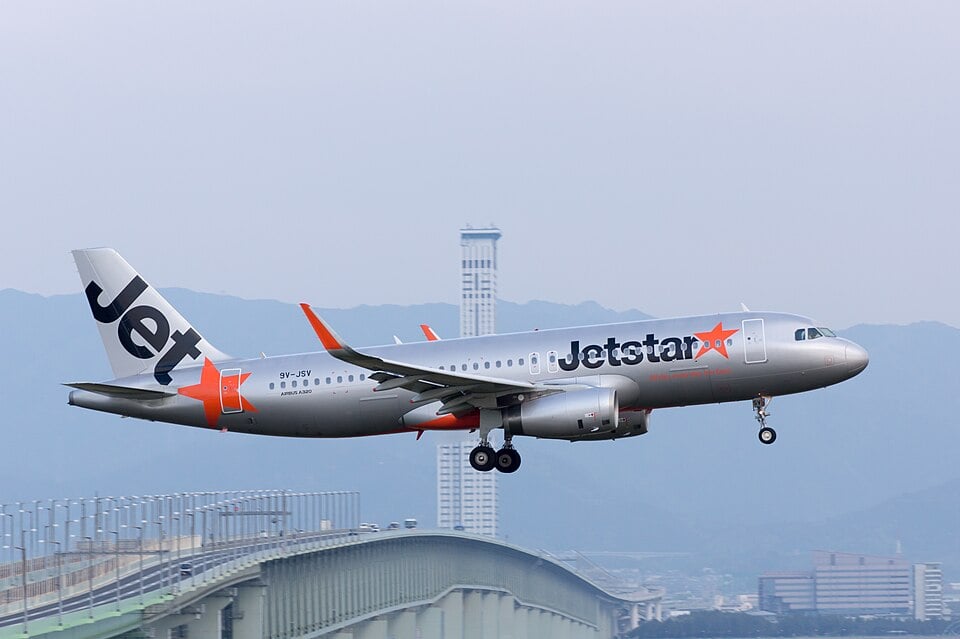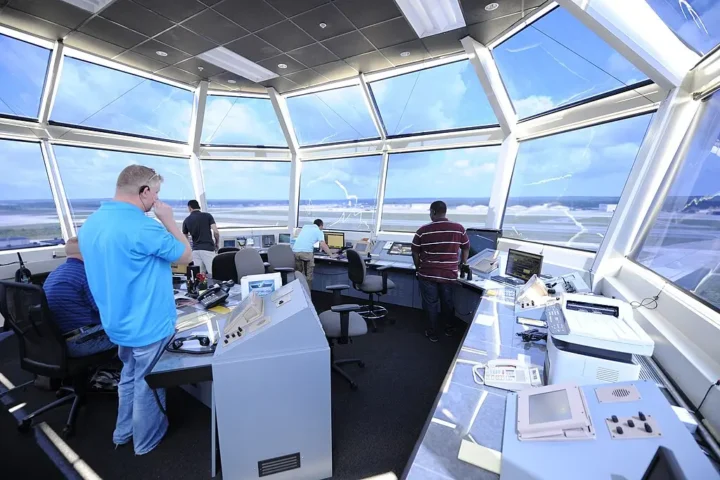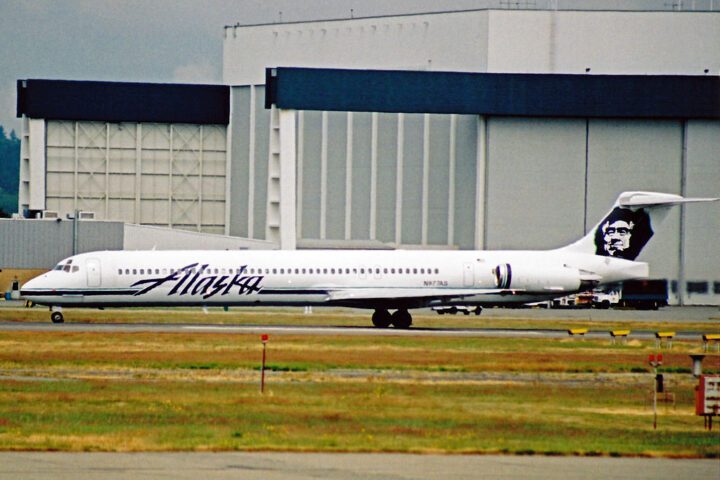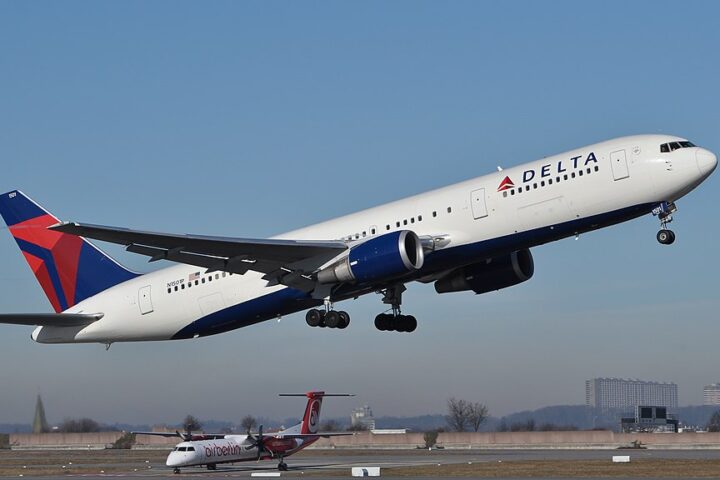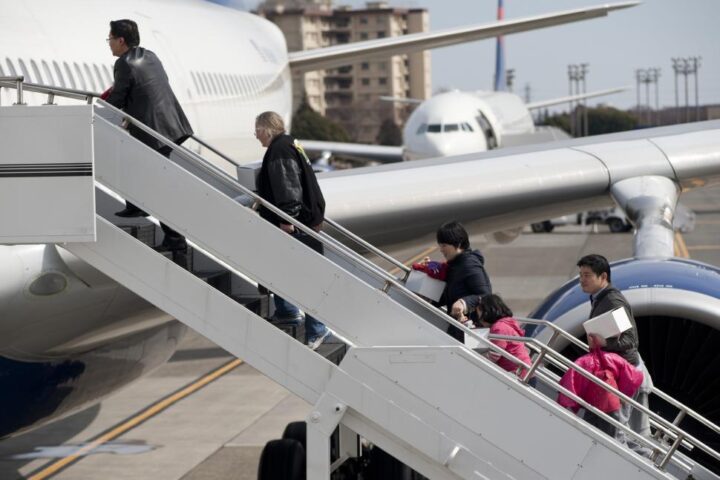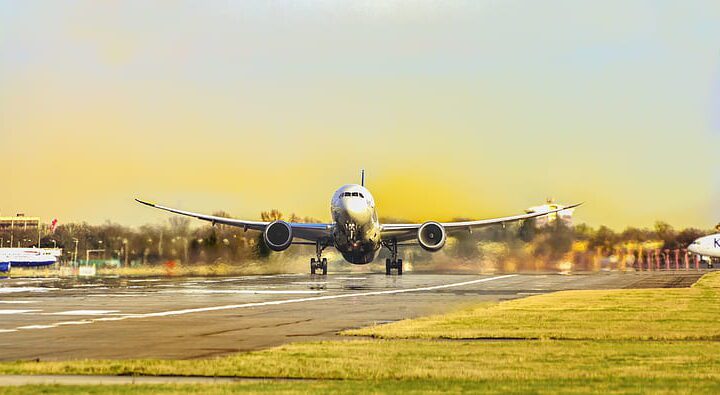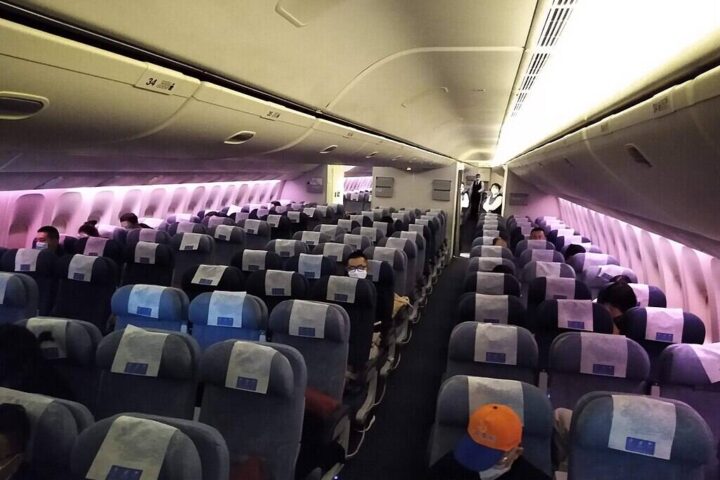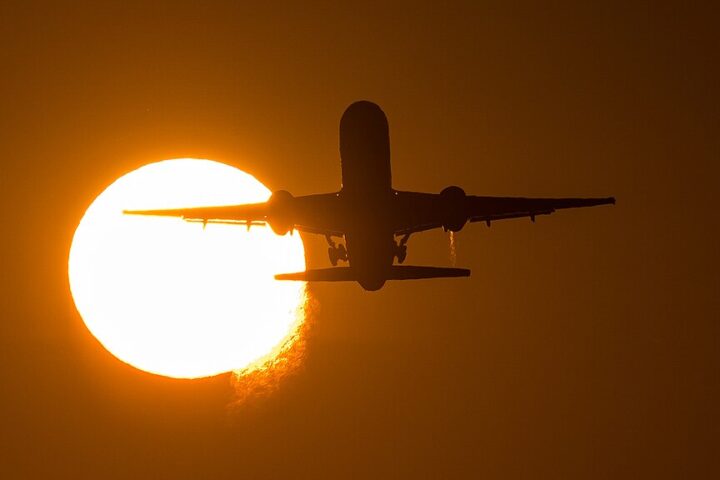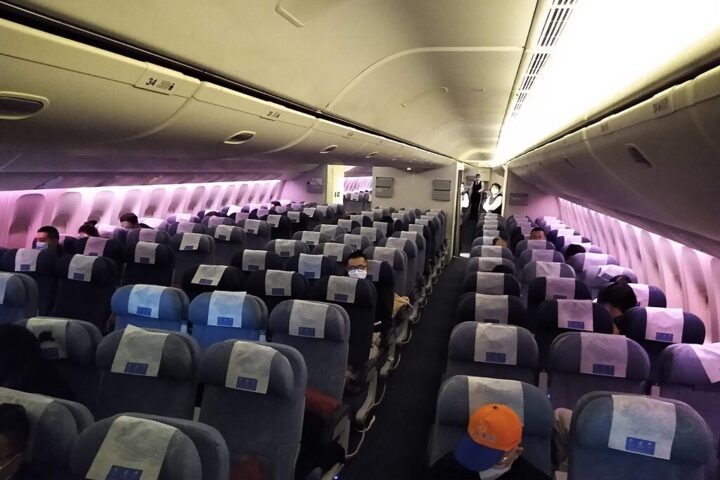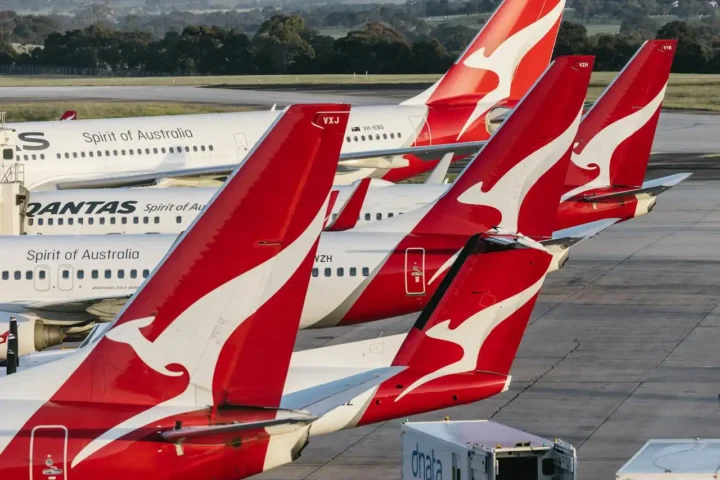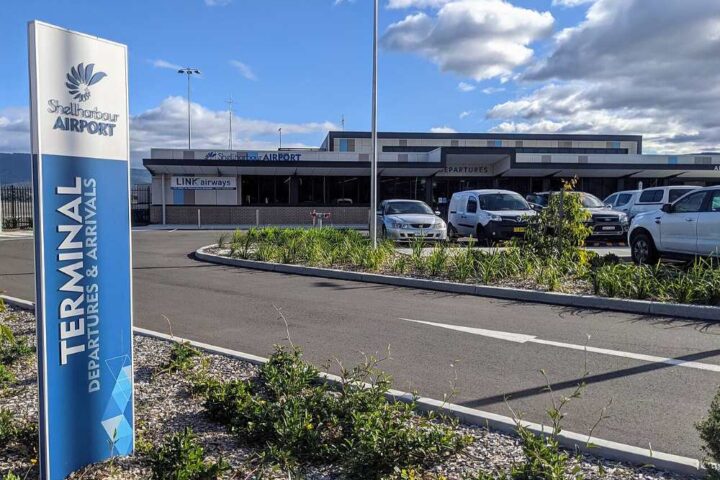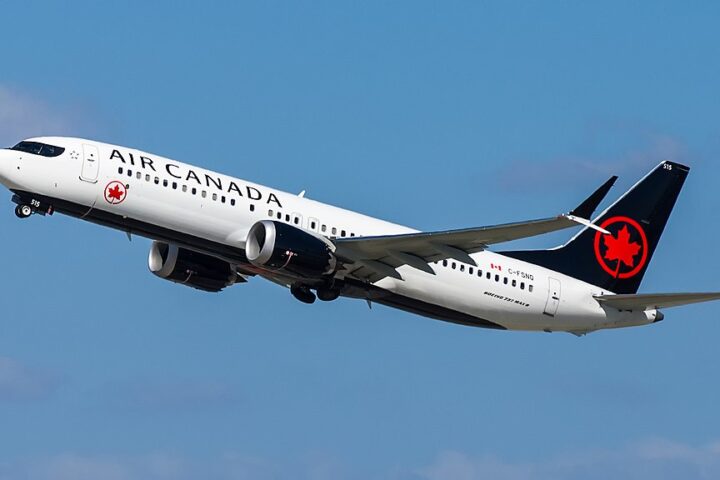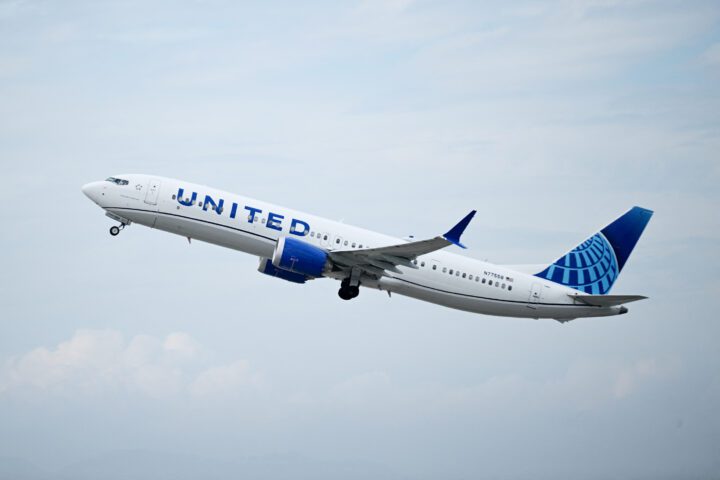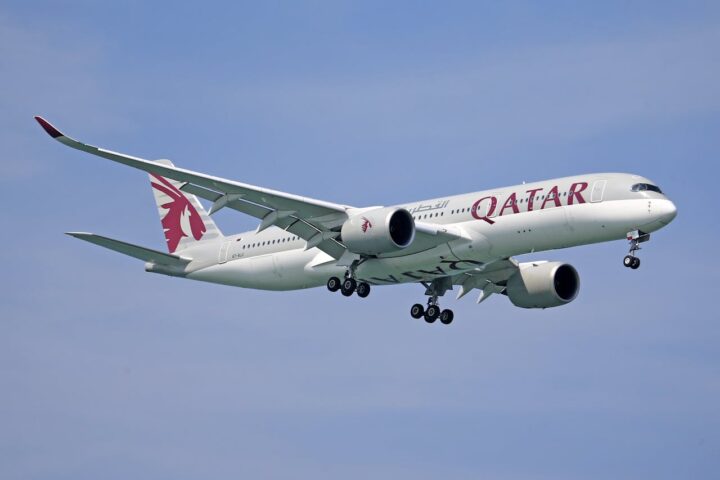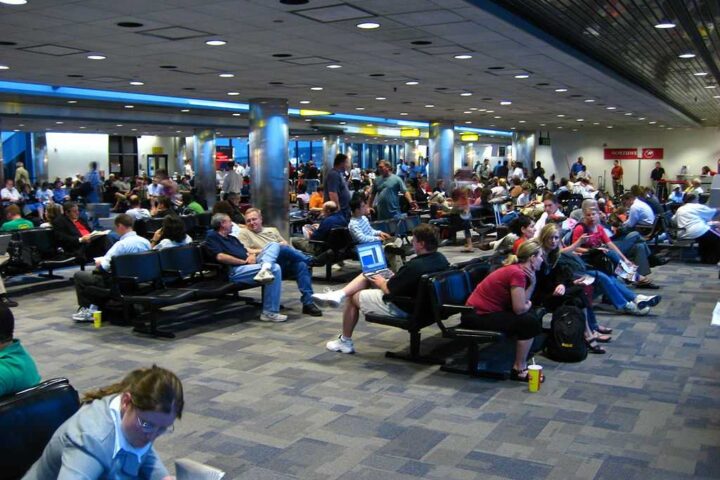Qantas announced today that its Singapore-based budget airline Jetstar Asia will shut down on July 31, 2025, ending more than 20 years of operation. The airline has been losing money for years, with costs jumping up to 200% and fierce competition from other budget carriers making it hard to stay afloat.
Jetstar Asia made a profit in only six of its 20 years and is expected to lose A$35 million this financial year. Qantas simply couldn’t justify keeping it running anymore.
“We have seen some of Jetstar Asia’s supplier costs increase by up to 200%, which has materially changed its cost base,” said Qantas Group Chief Executive Vanessa Hudson. These rising costs include fuel, airport fees, ground handling, and security charges at Singapore’s Changi Airport.
More than 500 Singapore-based workers will lose their jobs. They’ll get four weeks’ pay for each year worked, bonus payments, and travel benefits. Qantas is working with Singapore Airlines and other carriers to help these employees find new jobs.
Similar Posts
For travelers, 16 routes from Singapore will be affected. While other airlines still fly to most of these places, four destinations will lose direct flights from Singapore: Broome (Australia), Labuan Bajo (Indonesia), Okinawa (Japan), and Wuxi (China).
If you’ve booked a flight after July 31, you’ll get a full refund. If you’re connecting to or from Australia or traveling to popular spots like Bali, Manila, or Osaka, Qantas might offer you alternative flights where possible.
The closure is part of Qantas’ bigger plan. The company will move Jetstar Asia’s 13 Airbus A320 planes to Australia and New Zealand, freeing up about A$500 million to buy new aircraft and create over 100 Australian jobs.
“We’re making disciplined decisions which recycle capital across our business and prioritize it to stronger performing segments,” Hudson explained.
Shutting down Jetstar Asia will cost Qantas about A$175 million in one-off expenses, split between 2025 and 2026.

Singapore remains important for Qantas as its third-largest international airport. Jetstar Airways will still fly from Australia to Asian destinations, including Singapore, Thailand, Indonesia, Vietnam, Japan, and South Korea.
For budget travelers in Southeast Asia, losing Jetstar Asia means one fewer low-cost option in a market already dominated by AirAsia and Scoot. This could lead to higher ticket prices in the short term as fewer airlines compete for the same routes.
